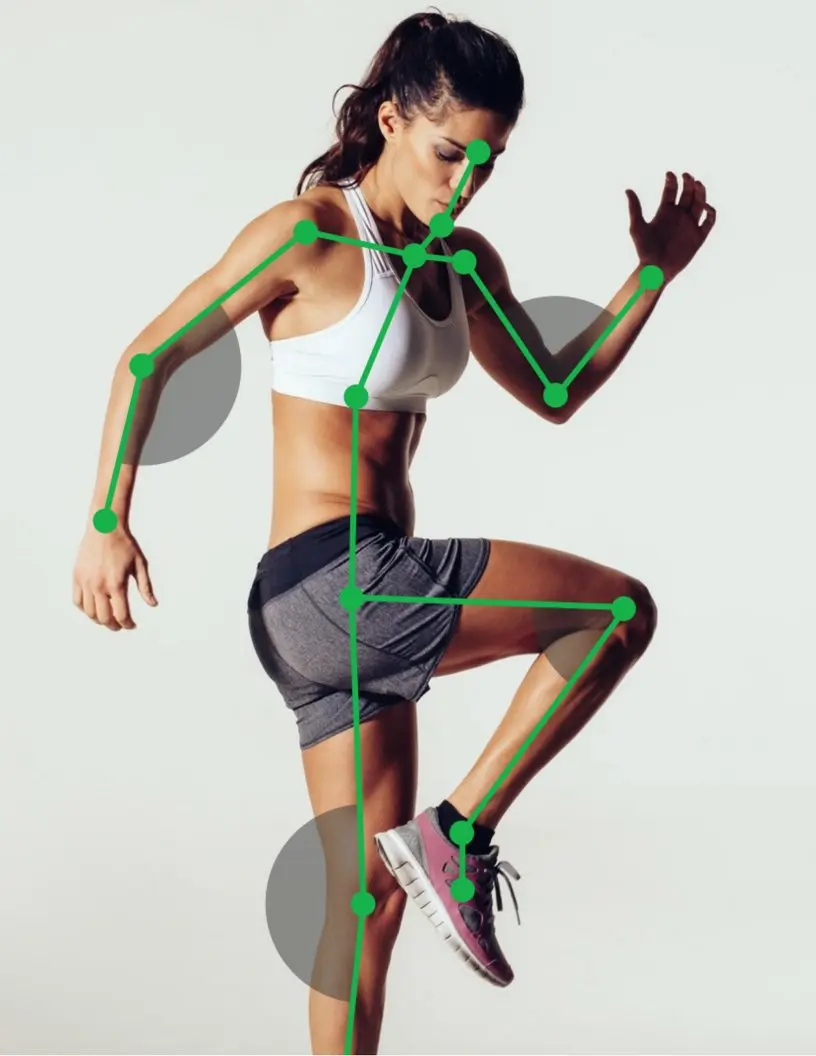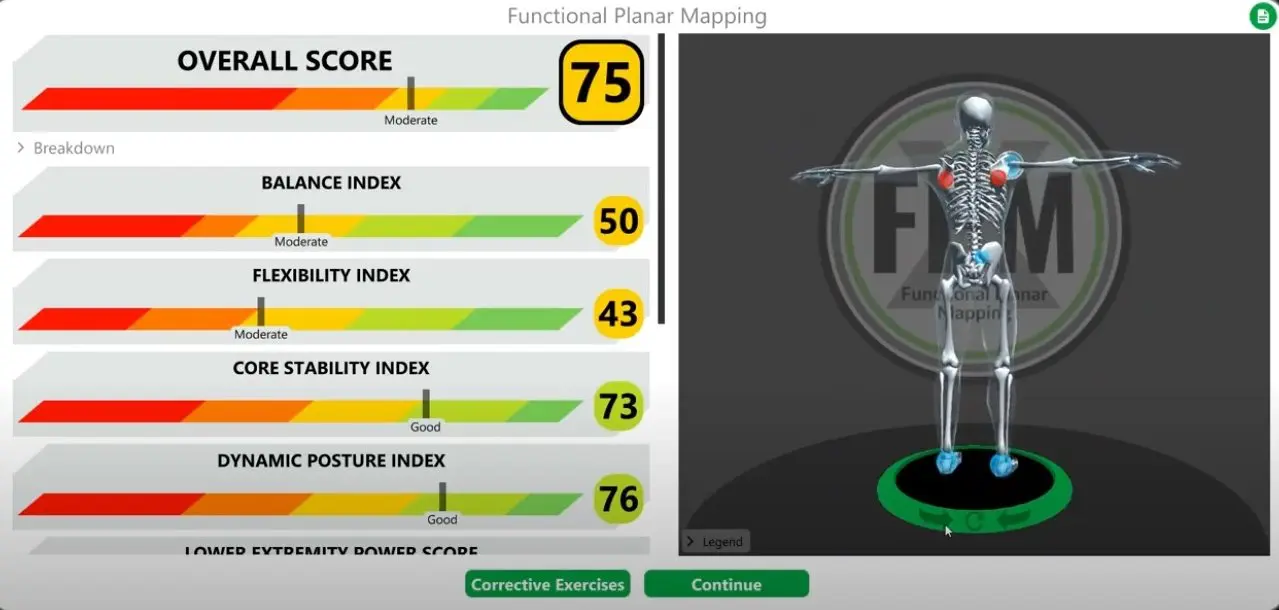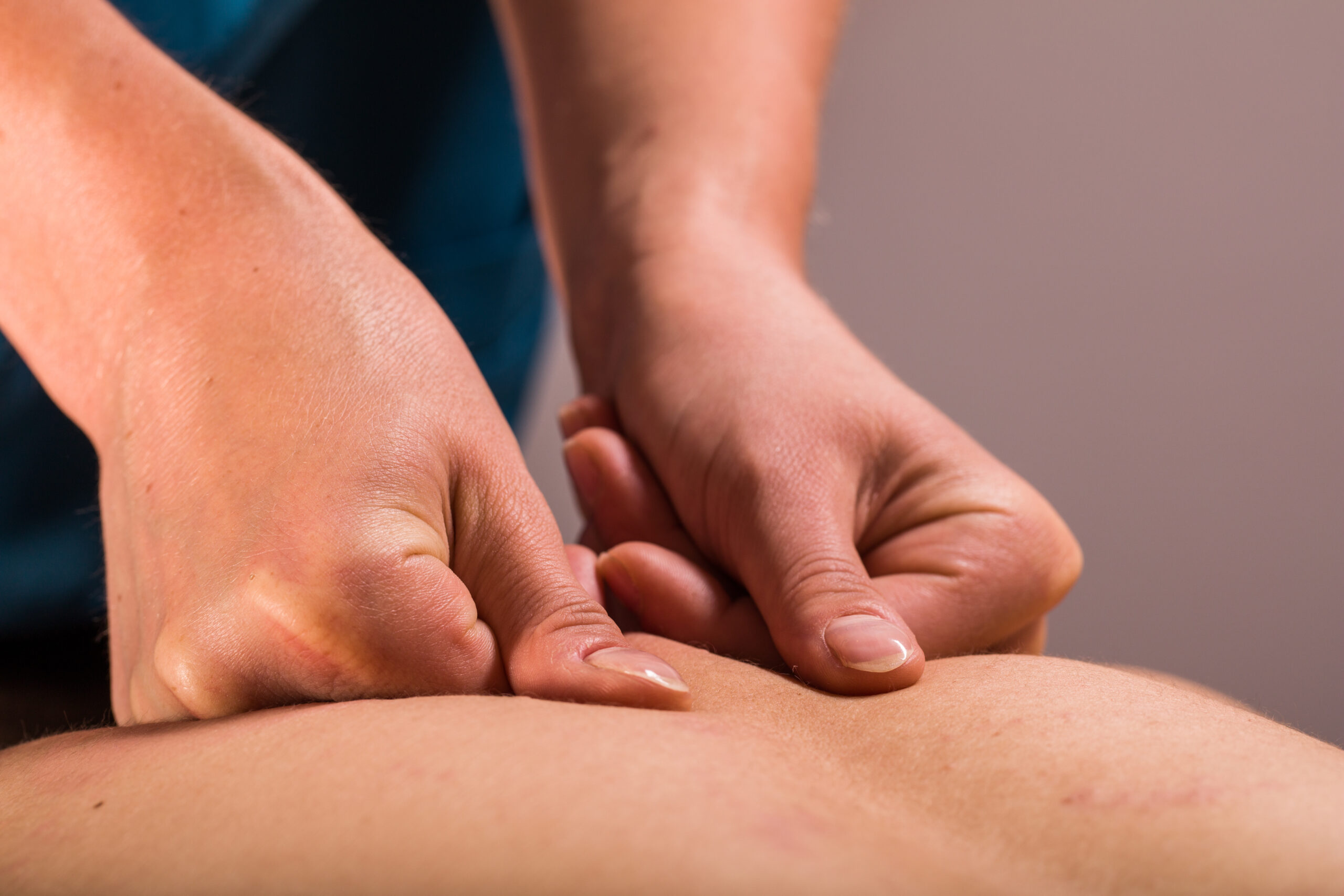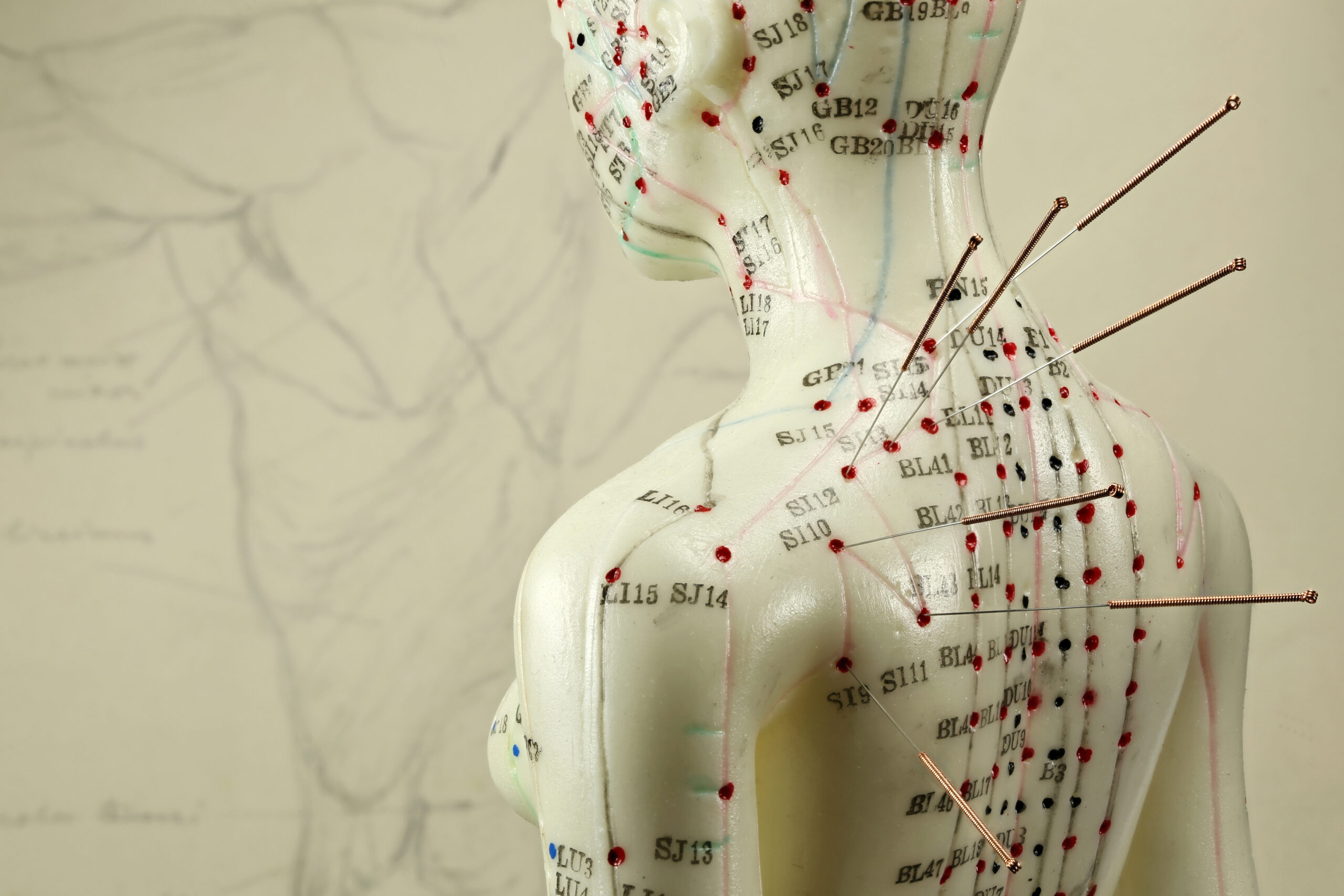


A narrowed or blocked artery is a very common condition, and it simply refers to poor blood circulation, which a blood circulation doctor specialist can quickly diagnose. A variety of symptoms can result from less blood flow to affected areas. A person can experience pain, numbness, or tingling in their feet and in their arms.
It’s common for people to feel fatigued, have heavy legs, or have an overall sense that something is wrong that they cannot fully explain. The ability to move freely and exercise effectively is often limited by unexplained aches and pains for people who are actively trying to improve their fitness. But why?
A blood circulation doctor specialist will tell you some of the valves in your veins aren’t working properly. A valve’s function is essential in preventing trapped blood in the legs and feet, as well as returning that blood to your heart.
Your body’s blood circulation all comes down to your veins and your heart, which pumps blood throughout the body through its four chambers — two atria and two ventricles. During contractions and relaxations, your heart does the job it’s made to do.
Blood is pumped into your arteries when the heart contracts, carrying it to every part of your body, with the same blood cells returning to the heart through your veins. Your circulatory system does more than supply cells with oxygen and nutrients and remove waste products. It also controls body temperature and blood pressure.
A blood circulation doctor specialist can see why you’re having circulation issues by assessing your problems through modern-day testing and a thorough review of your specific symptoms.
Different areas of your body may experience different symptoms from poor circulation. It can cause coldness and numbness in your hands and feet, swelling in your legs or arms, slow-healing sores on your body, changes in your skin color (paleness or blueness), muscle cramps, fatigue, or shortness of breath.
If you experience any of these symptoms, you should visit a blood circulation doctor specialist to get a proper diagnosis and the right treatment. You can improve your circulation by doing a number of things. In fact, most people with poor circulation live longer and healthier lives when they seek treatment. The catch? This is only the case when they seek it sooner rather than later.
Your blood circulation health can be affected by a number of factors. It’s common for people to experience stiffer and narrower arteries as they age. This obstruction of the flow of blood through your arteries can cause high blood pressure and heart disease.
Moreover, women have a higher risk of high blood pressure than men. As a result of estrogen’s role in causing stress to cause the arteries to tighten, women are more likely to experience artery problems.
It goes without saying that diet and activity also play significant roles. They affect whether you may experience poor blood circulation. Saturated fat and cholesterol can build up in the arteries, narrowing them and making blood flow more difficult. The arteries are kept healthy by exercise, which keeps them flexible and open, so a sedentary lifestyle (severe lack of exercise) must be avoided. As a side note, obesity and excess weight put additional strain on the heart. This also leads to high blood pressure.
It’s also probably no surprise that smoking damages the arteries and makes it more difficult for blood to flow through those arteries. Diabetes can also damage nerves and blood vessels, which may make blood flow more difficult. These last two are very important, as any blood circulation doctor specialist will affirm.
No one can cure poor blood circulation. However, you can manage it and prevent problems in a number of ways. If you are a smoker, quitting is the first step to keeping your blood pressure and cholesterol under control.
Managing your diabetes properly can also be very helpful. It is also a good idea to lose weight, if you are overweight or obese. Maintaining a healthy diet, exercising regularly, and taking medications as directed by your doctor are also important.
Nonetheless, the first step to finding relief is to have a venous mapping ultrasound performed by a trustworthy blood circulation doctor specialist. A vein mapping ultrasound has no side effects, and there is no pain or radiation.
This quick, non-invasive procedure can determine if you have dilated or stretched-out veins in your legs. These veins may cause pain, poor blood circulation, and other symptoms. It helps identify medical conditions and guide treatment. It creates a “map” of the blood vessels in your body.
Ultrasounds send sound waves through your blood vessels. Then they convert them into images. These images show whether your veins are dilated or stretched. It measures the width of the veins and reflux, which is the flow of blood in the wrong direction.
You are not alone. Poor blood circulation takes a toll on daily living. Discovering the cause doesn’t have to cause you trouble anymore. Chronic pain sufferers tend to see multiple doctors to figure out what’s causing their pain.
Blood circulation treatment options are available at Wellness and Pain. Our team of doctors and specialists offers minimally invasive, quick-recovery options and surgery. We can help keep you free of blood circulation problems by providing lifestyle education and home care advice to help you avoid and manage problems, quickly relieving the pain.
We personalize patient care plans based on each patient’s condition and unique circumstances. Together, we can increase mobility, prevent further injuries, and improve your overall health.
Massage therapy, simply known as “getting a massage,” involves applying pressure to the soft tissues of the body. This method promotes relaxation, improves blood flow, and reduces pain.
For those looking to incorporate a safe and effective way to improve their health and well-being, massage therapy may be an excellent choice.
Massage therapy can safely and effectively treat a variety of conditions. It does wonders for things like muscle pain, edema, muscle spasms, pain patterns, surgery recovery, and so much more.
Additionally, it can improve tissue healing, strengthen your immune system, relax you before a surgery, reduce stress and anxiety, reduce inflammation, increase blood flow, help you lose weight, improve digestion, boost your metabolism, alleviate constipation, bloating and flatulence, and reduce cortisol (a stress-induced hormone that increases appetite).
Massage therapy has an interesting history. It’s been used by cultures all over the world for centuries as one of the oldest healing arts. Throughout ancient Egypt, China, as well as Greece and Rome, it dates back thousands of years.
Massage therapy is safe and effective. Not only that, but it complements a variety of conditions as an alternative medicine. Using a specific set of techniques, a “modality” is a specific type of massage therapy. In fact, this treatment has many different modalities, each with its own set of advantages.
A massage therapy patient’s specific needs can be met by using different massage modalities. There are many types, including:
At Wellness and Pain, we offer a select set of therapies that are appropriate for our patients’ individual circumstances, pain management problems, and massage therapy needs.
In massage therapy, touch is used to improve health and well-being as an alternative medicine. Muscle, tendons, and other areas of your body are all treated through manual application of pressure.
As a whole, this treatment helps to release endorphins. In turn, endorphins relieve pain and boost your mood. Your pituitary glands and hypothalamus release endorphins in response to pain or stress. These are pain relievers and mood boosters. Additionally, you can stimulate them through a variety of activities, including exercise, listening to music, and spending time outside.
Massage therapy, however, has been shown to increase endorphin levels in the body and is effective in helping with pain and stress. Through interaction between your neuron receptors and endorphins, massage therapy reduces the perception of pain by stopping pain signals from reaching the brain.
The effect of endorphins on one’s mood is also positive. In the brain, they increase levels of dopamine and serotonin, two neurotransmitters connected to happiness and well-being.

A range of massage therapy options are available at Wellness and Pain. We offer conservative treatments, routine visits, and minimally invasive, quick-recovery procedures. Together we can keep you free of problems by providing lifestyle education and home care advice to help you avoid and manage issues, quickly relieving the conditions slowing your life by using cutting-edge massage therapy techniques.
We personalize patient care plans based on each patient’s condition and unique circumstances to relieve pain, improve mobility and mental space, and improve your overall health.
Massage can be helpful at different times and stages of care for various life events: trauma recovery, pain management, weight-loss. Depending on the ailment and/or the desired change event, the combination of massage modality and frequency can aid in the return of optimal function.
...
...
...
...
...
...
...
...
...
...
...
Back pain specialists alike understand how common back pain and discomfort are. It’s important to ...
Symptoms of sciatic pain include burning pain from your lower back into your buttocks and can radiat...
Flexion-distraction therapy is a specific gentle technique performed on a segmented table that moves as your chiropractor slowly manipulates the spine. The manipulations, combined with the movements of the table, stretch, lengthen, hydrate and decompress your spine, relieving your back, neck, leg, arm, hip, shoulder, or knee pain.
Chiropractic and relieving pressure off your nervous system helps with all of this by using gentle and precise adjustments and muscle work to take pressure and stress off your spine, joints, and nervous system allowing your body to function better and easier giving you more energy!
...
...
...
...
...
...
...
...
...
...
...
Back pain specialists alike understand how common back pain and discomfort are. It’s important to ...
Symptoms of sciatic pain include burning pain from your lower back into your buttocks and can radiat...
Acupuncture therapy is a form of traditional Chinese medicine that involves inserting thin needles into the skin at specific points on the body. Each point corresponds to an organ, emotion, or sense. A well-rounded acupuncture treatment plan can target these in unique ways other medicines can’t.
In addition to treating pain, acupuncture treatment is used for anxiety, depression, insomnia, headaches, migraines, nausea and vomiting, menstrual cramps, fertility problems, smoking cessation, and weight loss.
Scientists do not fully understand the exact healing mechanism behind acupuncture therapy, but they believe it involves a combination of factors. One of those things is the release of endorphins, which relieve pain. Stimulating the nervous system is another, which can also help regulate mood, pain, and other bodily functions. It also helps you relax and relieve stress.
Although acupuncture treatment is generally safe, make sure you find a licensed acupuncturist in your state. It’s not uncommon for patients to endure side effects, especially since needles can cause mild pain or soreness.
Certain patients can also experience bruising, dizziness, lightheadedness, and nausea. A professional acupuncturist can help, as tailored and customized treatment plans are known to provide the best solutions. There are a variety of health problems acupuncture therapy can treat, and it’s usually very safe and effective.
According to Chinese medicine, energy flows through your body. Many believe disrupted “qi” (pronounced “chee”) causes imbalances in the body’s energy. By pressing sterile needles on acupuncture points throughout the body, some forms of acupuncture therapy restore qi balance. Meridians — also called energy-carrying channels — consist of hundreds of acupoints in the body.
By using needles, your body reacts, rebalances, or releases natural chemicals, including endorphins, your body’s own natural painkillers and neurotransmitters.
There’s no one-size-fits-all approach when it comes to acupuncture treatment. There are some people who feel nothing at all, while others feel a dull ache or mild pricking. Others feel tingling or buzzing or feel warm or heavy. Acupuncturists sometimes twirl or move needles after inserting them. You might feel a slight increase in sensation at times.

Acupuncture is mild and tolerable for most people. Be sure to tell your acupuncturist if you’re feeling pain. To make the treatment more comfortable, they may adjust the needles or use a different size of needle or technique.
You might feel relaxed or energized after acupuncture therapy. Pain or other symptoms also seem to be lessened. Although acupuncture’s effects can vary from person to person, most people find it to be a safe and effective treatment.
Acupuncture therapy can help with a lot of health problems. It’s usually used for chronic (long-term) pain like arthritis, back pain, neck pain, shoulder pain, knee pain, headaches, migraines, sports injuries, jaw pain, sinus congestion and facial pain, neuropathy, and menstrual cramps.
As well as alleviating chemotherapy side effects in cancer patients and reducing nausea during pregnancy, acupuncture treatment may also help with infertility, autoimmune diseases, colds and flu, irritable bowel syndrome, menopausal hot flashes, insomnia, anxiety, and depression.
Getting a ride home is always wise if you’re getting acupuncture therapy for the first time. If that’s not possible, try to rest for five to ten minutes before driving home. Your practitioner may advise you to take it easy following each session.
Your body may need a number of treatments depending on how severe your condition is. Most patients have an appointment once a week. Some people get treatment more often, while others get it less frequently. Our acupuncturists can recommend the right schedule for each patient.
A range of acupuncture therapy options is available at Wellness and Pain. We offer conservative treatments, minimally invasive quick-recovery procedures, and surgery. With these, we can keep you free of problems by providing lifestyle education and home care advice to help you avoid and manage issues, quickly relieving the conditions inhibiting your life by using state-of-the-art acupuncture treatment.
We personalize patient care plans based on each patient’s condition and unique circumstances to relieve pain, improve mobility and mental space, and improve your overall health.
...
...
...
...
...
...
...
...
...
...
...
Back pain specialists alike understand how common back pain and discomfort are. It’s important to ...
Symptoms of sciatic pain include burning pain from your lower back into your buttocks and can radiat...
IV hydration — also known as intravenous hydration — can speed up the recovery process and improve your overall health by boosting your body’s ability to absorb fluids and electrolytes through vitamin rehydration.
In fact, vitamin rehydration therapy involves a variety of vitamins and minerals. Among the most common are vitamin C, vitamin B12, magnesium, potassium, and sodium.
In a doctor’s office or hospital setting, IV hydration is a safe and effective way to replenish fluids and electrolytes. A needle or catheter is inserted into a vein to deliver fluids and electrolytes directly into the bloodstream. During this process, fluids are replenished and electrolytes are replaced.
Historically, patients suffering from dehydration, diarrhea, vomiting, fever, heat stroke, sepsis, and a host of other conditions can benefit from the use of this medication.
Fast forward to today, and now all types of individuals seek routine IV hydration for rapid rehydration, improved electrolyte balance, reduced dehydration complications, and overall health and wellbeing. Americans don’t get enough vitamins and nutrients from their diet to stay healthy and to look and feel good.
It’s different for everyone, but most people could benefit from more magnesium, vitamins B, B12, and C, zinc, and a host of other nutrients.
IV hydration plays a huge role in the lives and healthy lifestyles of so many adults today. Rehydration has the advantage of delivering vitamins, minerals, nutrients and antioxidants quickly and efficiently throughout your entire body.
You don’t have to wait hours and hours for your body to digest and benefit from vitamin pills. You feel the effects of IV hydration immediately after receiving it.
Individual needs determine which vitamins and minerals are used. There is generally no risk associated with vitamin rehydration therapy. However, if you have any underlying health conditions, you should speak to your doctor before starting any rehydration therapy.
You can make sure your immune system is prepared for anything by choosing to rehydrate. Nutrition and vitamin rehydration can help you stay healthy when combined with other commonsense measures.
IV hydration is extremely beneficial, but remember that water is the best fluid for preventing dehydration. The over-consumption of caffeine or alcohol can cause dehydration.. You may also want to consume lots of fruits and vegetables, which contain heavy amounts of water.
In addition, dress in layers to allow you to adjust your clothing as the temperature changes. Avoid strenuous activity in hot weather and take cool showers or baths. Also be sure to drink plenty of fluids if you’re sick. You must replace fluids and electrolytes lost from bouts of vomiting or diarrhea.
If you want an extra boost beyond following a hydration-healthy routine, you should look into IV hydration. The process itself will take a different amount of time for each person, according to that individual’s needs. Generally, fluids and electrolytes are administered within 30 to 45 minutes (or one hour).

IV hydration provides your body with numerous benefits. In addition to replenishing nutrients that have been depleted due to illness, injury, or other factors, they also improve electrolyte balance, which is essential for many bodily functions.
This type of rehydration can also reduce inflammation — inflammation worsens a variety of health conditions — and improve your energy levels.
IV hydration therapy includes a number of vitamins, including vitamin C (which protects cells from damage and promotes immunity); vitamin B12 (which produces red blood cells and regulates nerve function); magnesium (which relaxes muscles and regulates blood sugar); potassium (which helps control fluid balance and blood pressure); and sodium (which regulates fluid balance and nerve function).
Sometimes you just need a bit more energy to get through a busy day, week, or month — and IV hydration can provide it. You’ll feel 100-percent rejuvenated and ready for a big day or a big week with a blast of vitamins and fluids.
It’s important to remember that IV hydration involves delivering nutrients, vitamins, electrolytes, and antioxidants intravenously to restore and detoxify the body. Even so, drinking plenty of water and eating healthy on your own is always a wise idea.
For those who run fast, work hard, and play even harder, as well as for those who just need a random pick-me-up, being able to schedule rehydration therapy selectively on a flexible basis is an excellent opportunity. If you feel your body needs fast hydration and rejuvenation, schedule an appointment now to give it the nutrients and fluids it needs.
A range of IV hydration treatment options are available at Wellness and Pain. We offer minimally invasive quick-recovery rehydration therapy to get you feeling great again. With these, we can help alleviate that lethargic and tired feeling you sometimes get — as well as other nutrition problems — by helping in the management of your hydration and vitamin intake properly.
We personalize patient care plans based on each patient’s condition and unique circumstances to improve your range of motion, energy, and your health.
If you’ve ever experienced leg cramps of any degree, you know just how painful and debilitating th...